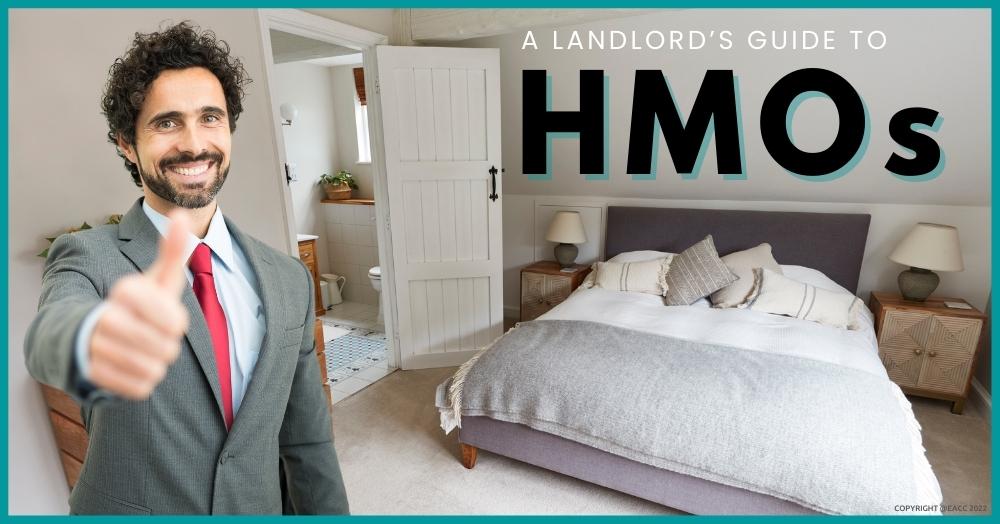As a landlord, you might be thinking about how to get more value from your property. While the rental market for single tenancies is booming, have you considered a House in Multiple Occupation (HMO)?
These days, HMOs are big business. In simple terms, it’s where a single property is made into multiple dwellings. And currently, the rental market is crying out for more.
HMOs are no longer dingy bedsits of the past, they’re more like high-quality studio apartments under one roof.
In this three-minute read, we take you through the basics of an HMO, what you need to know about them, and how they can make you more money.
The legal definition of an HMO
A property is an HMO if at least three tenants are in residence, they form separate households (i.e. not a family or flat sharers), and they share bathroom, kitchen, and/or toilet facilities. A large HMO is where at least five tenants share the property and facilities.
Do I need permission to convert a property into an HMO?
Before you even consider turning your property into an HMO, get on your local council’s website and do some research. Many areas are subject to Article 4 directions. This basically means you can’t convert a property into an HMO without applying for planning permission.
You may also need a licence to run/own an HMO, which is why it’s so important to speak to your council about their requirements.
Why are they so popular?
It’s simple: supply and demand. As the demand for rentals grows, so does the cost of renting. Add in increased costs of living, and many young professionals might not be able to afford the rent on their own. HMOs are a great way to bridge this gap, especially in larger cities.
What are the benefits of an HMO for a landlord?
It’s all about the money. Many investors have found that renting out rooms individually gives them a greater rental yield than a single tenancy.
Also, short-term occupation means even if one room is vacant for a period, the landlord still gets an income from the other tenants.
What should I know if I’m considering starting an HMO?
As with any property investment, an HMO has its ups and downs. If you’re a part-time landlord with a busy job, an HMO might not be the right move. There is a lot of work involved and you’ll need time to go through the process of planning applications, licensing, property conversions, tenant-finding, and so on.
Also, not every large house can be easily converted into an HMO, so it’s worth getting an expert in.
The initial expense of an HMO can be high as there are a lot of legal requirements you’ll need to meet to make it suitable for tenants as set out here. Also, HMOs are normally furnished, so there’s that cost on top of the building work.
If you’re a landlord looking to find a property to convert into an HMO, or if you have rooms to rent in an HMO, get in touch with our lettings team at Hi Residential.





